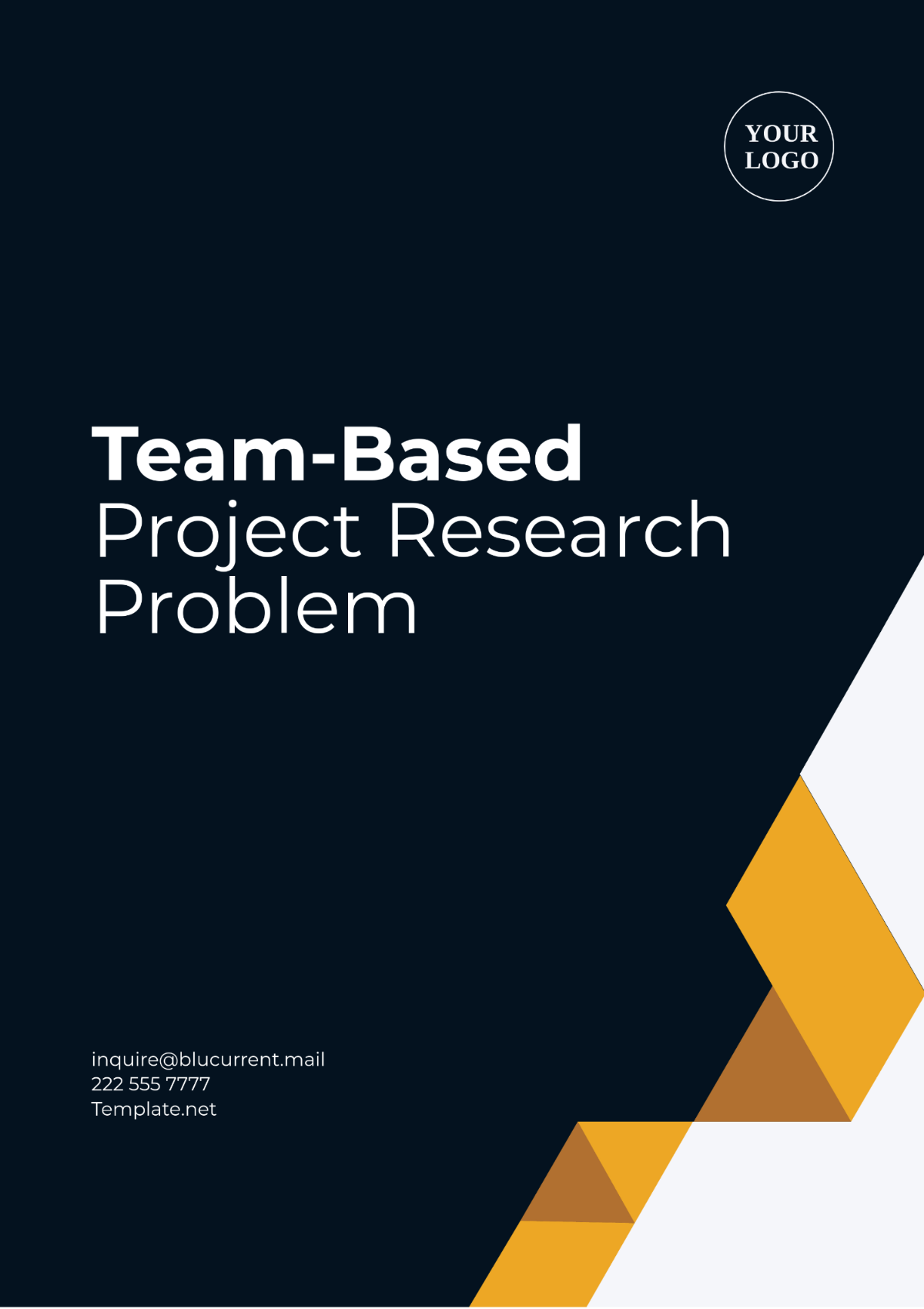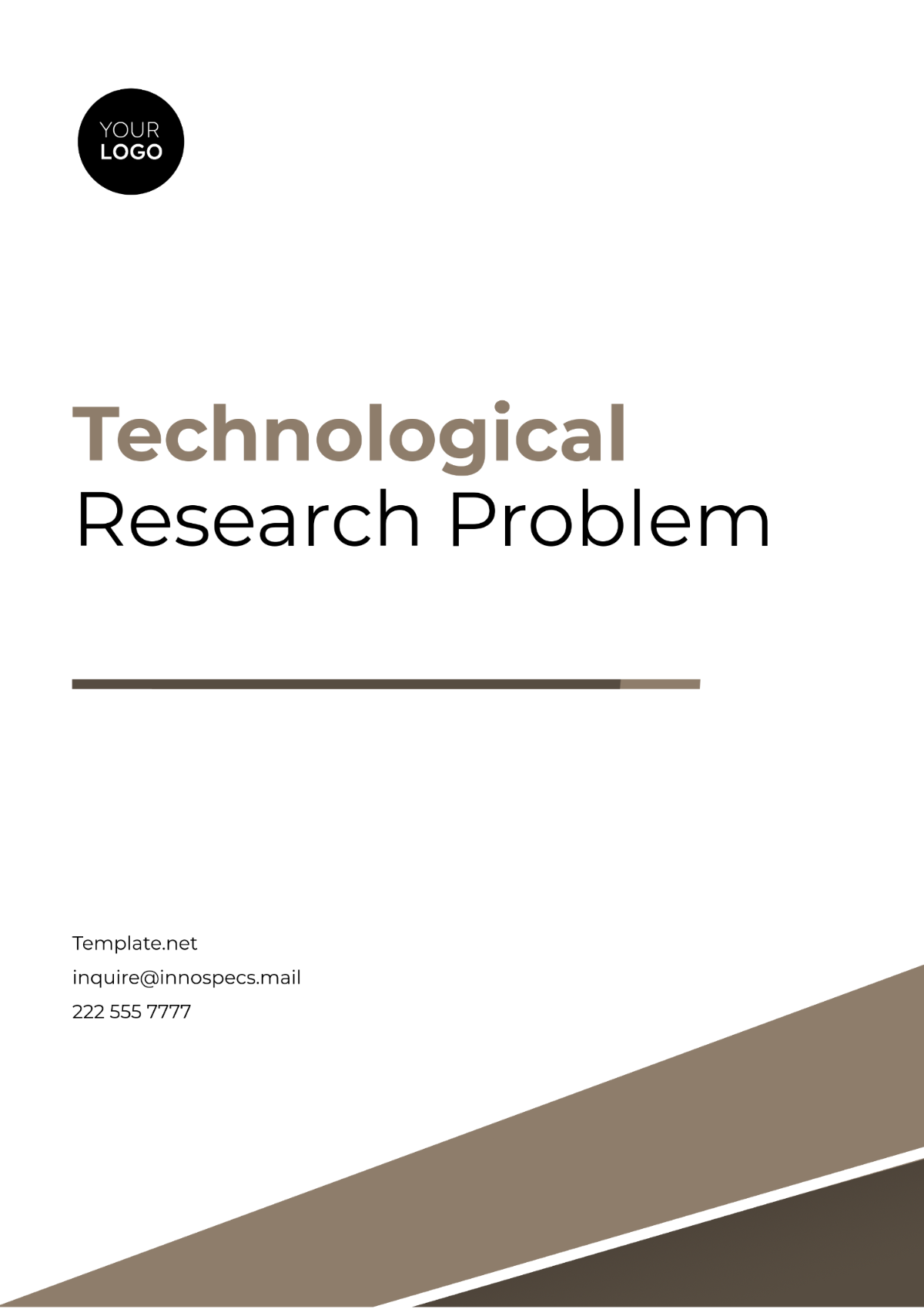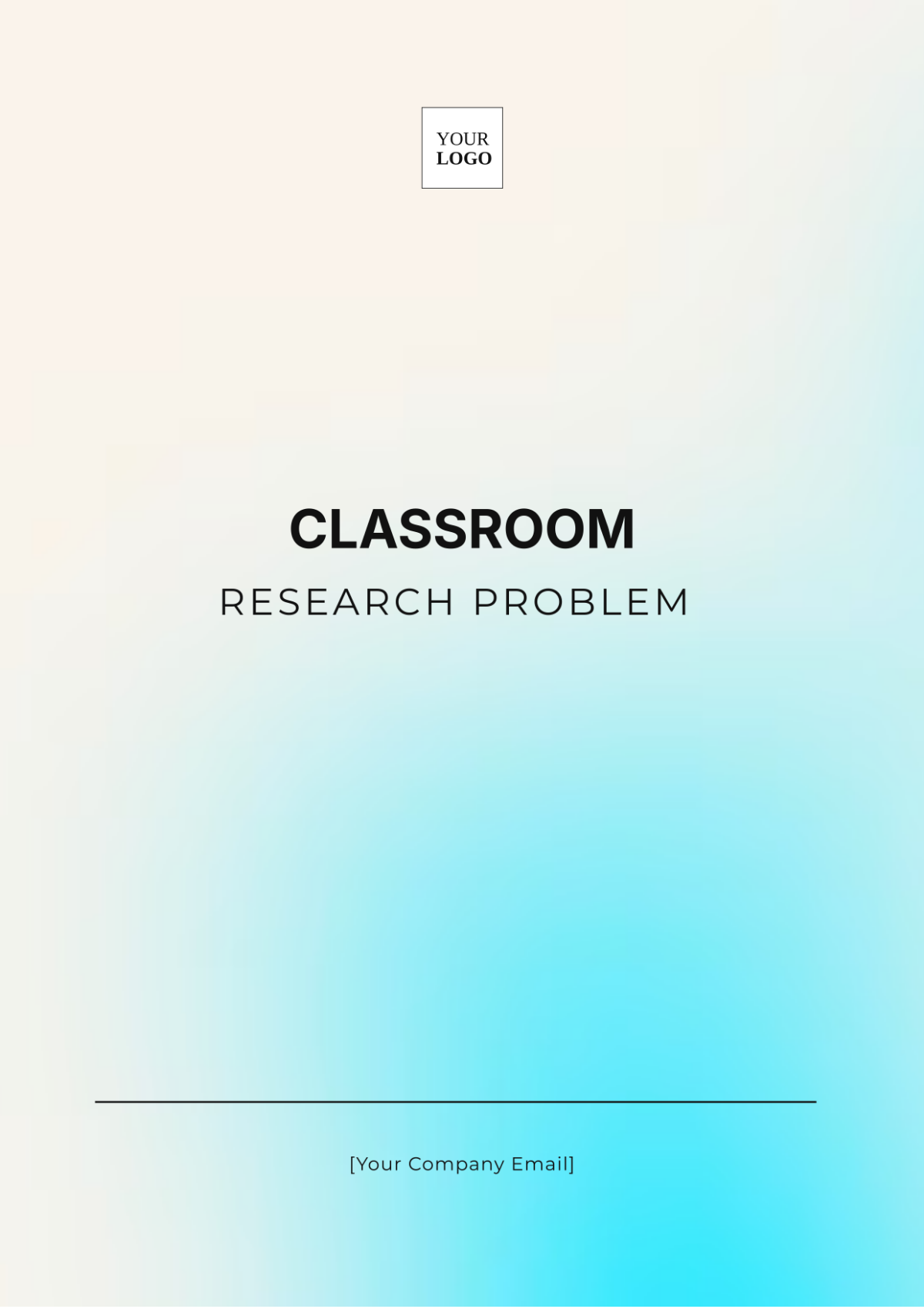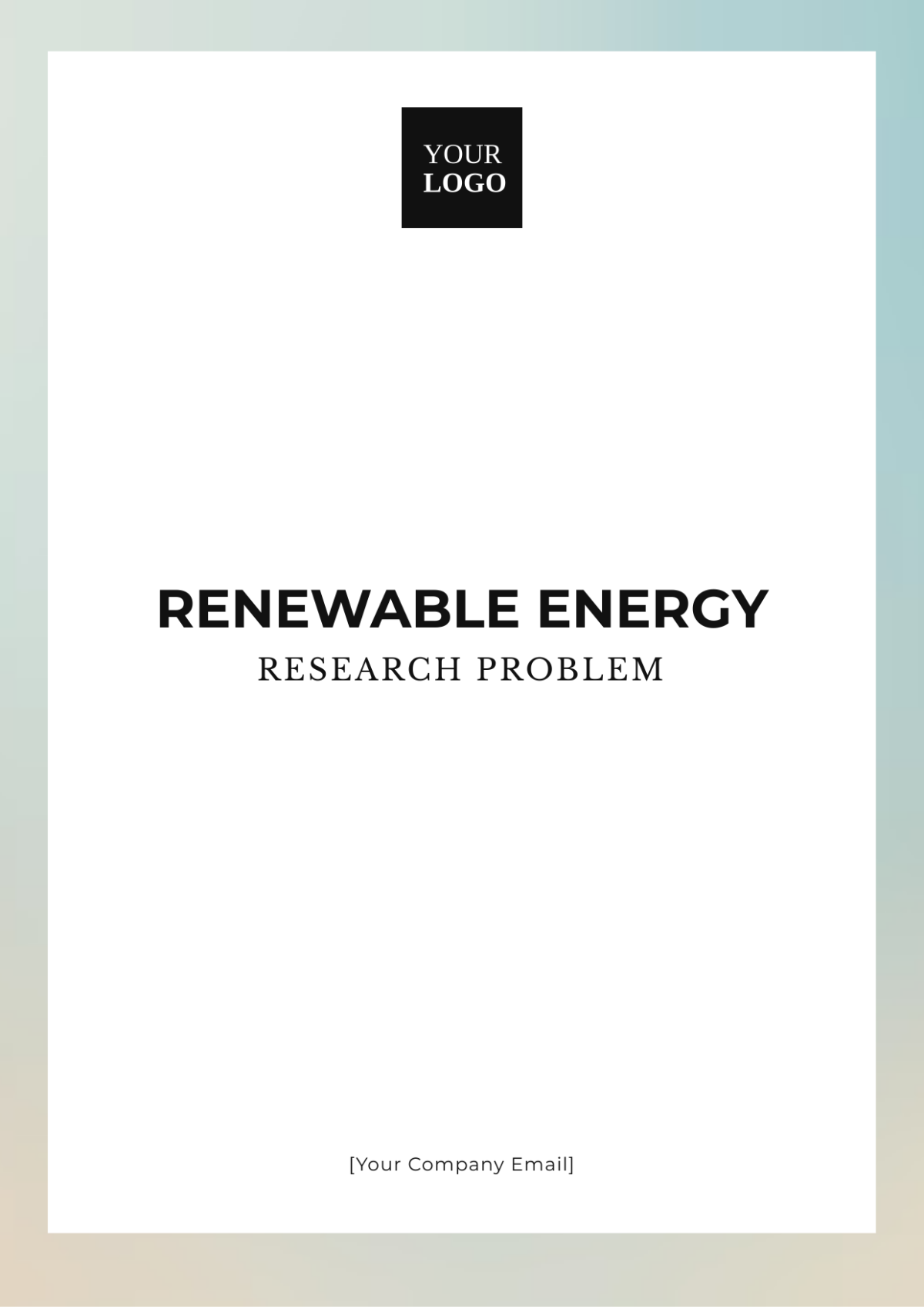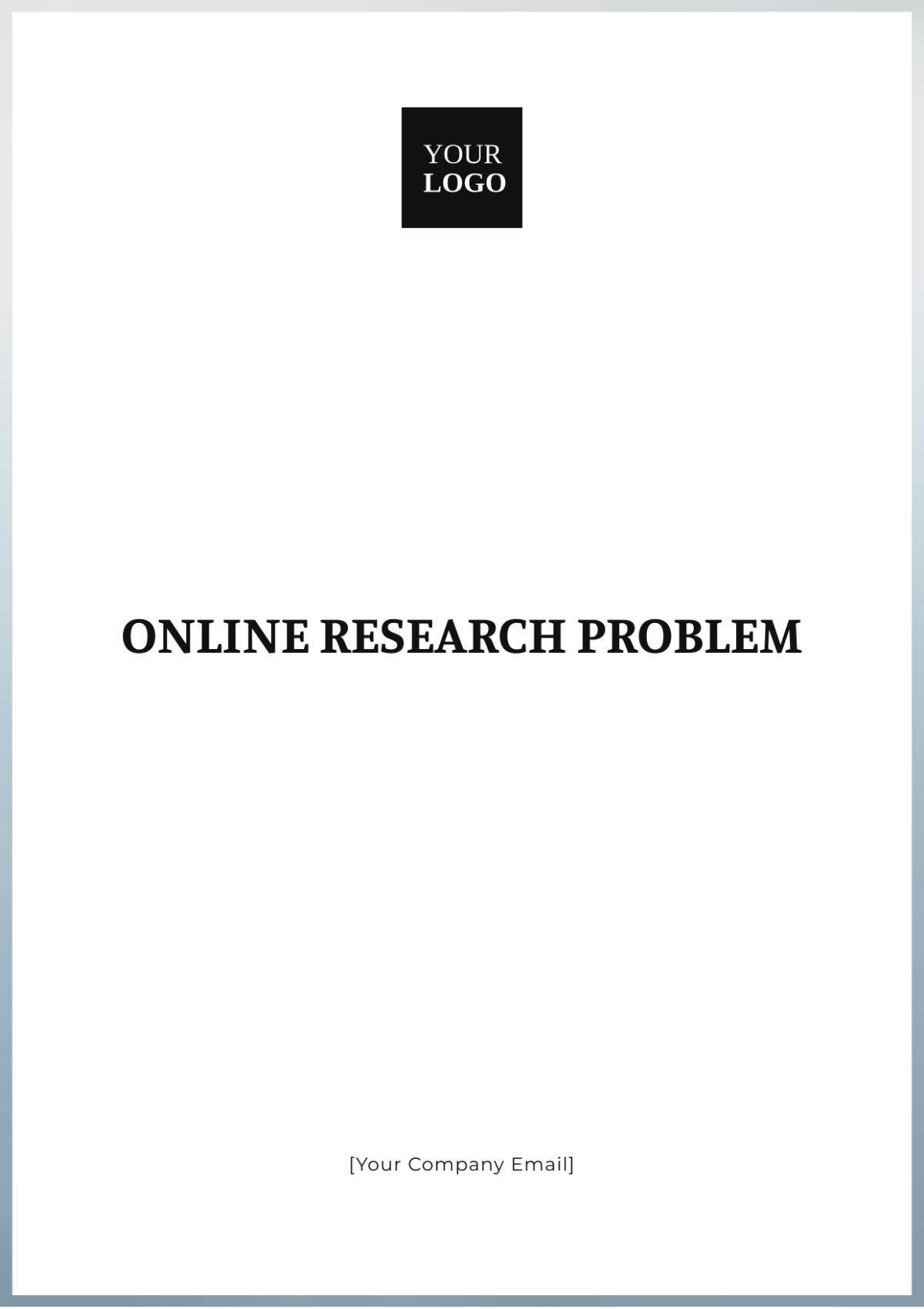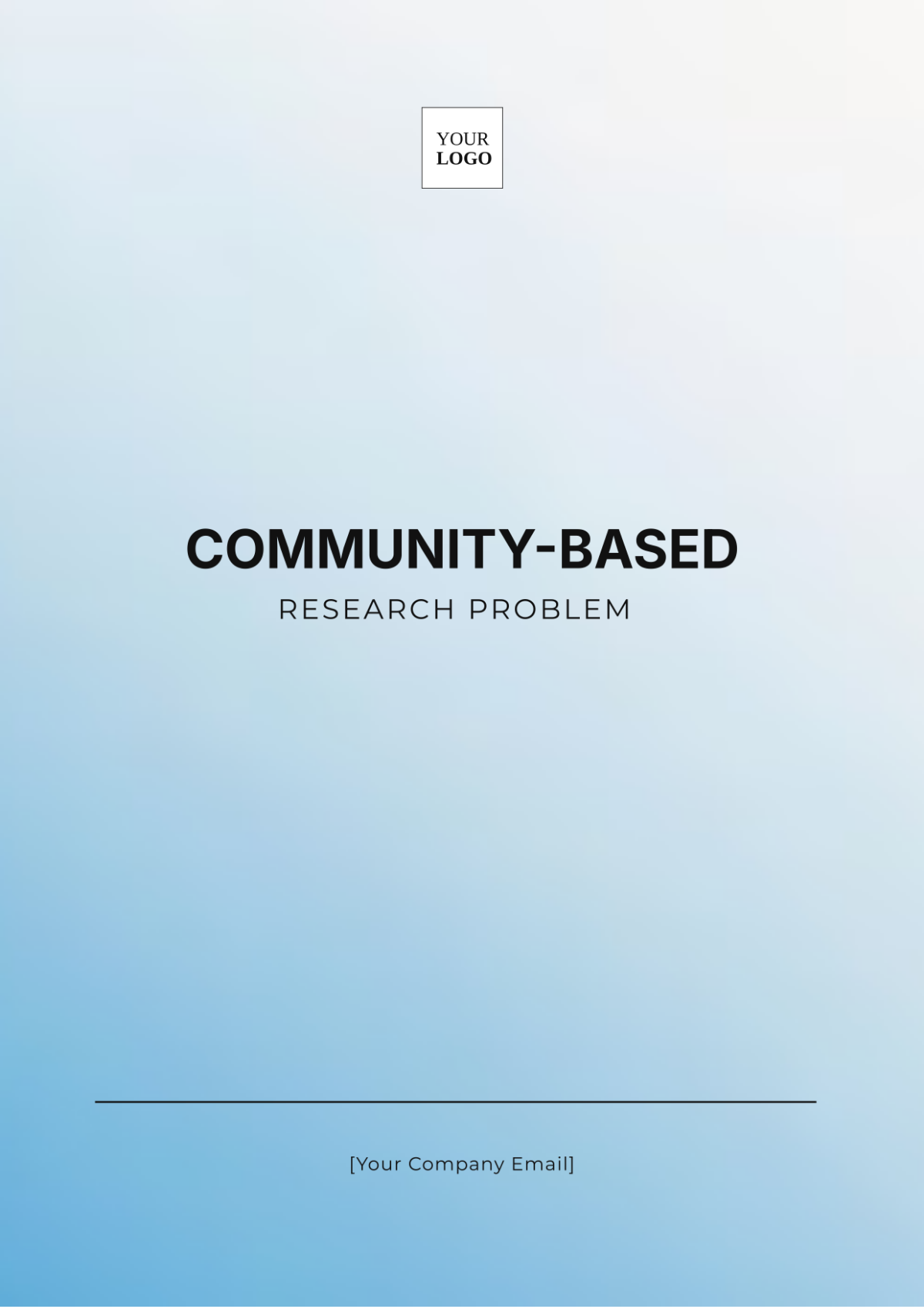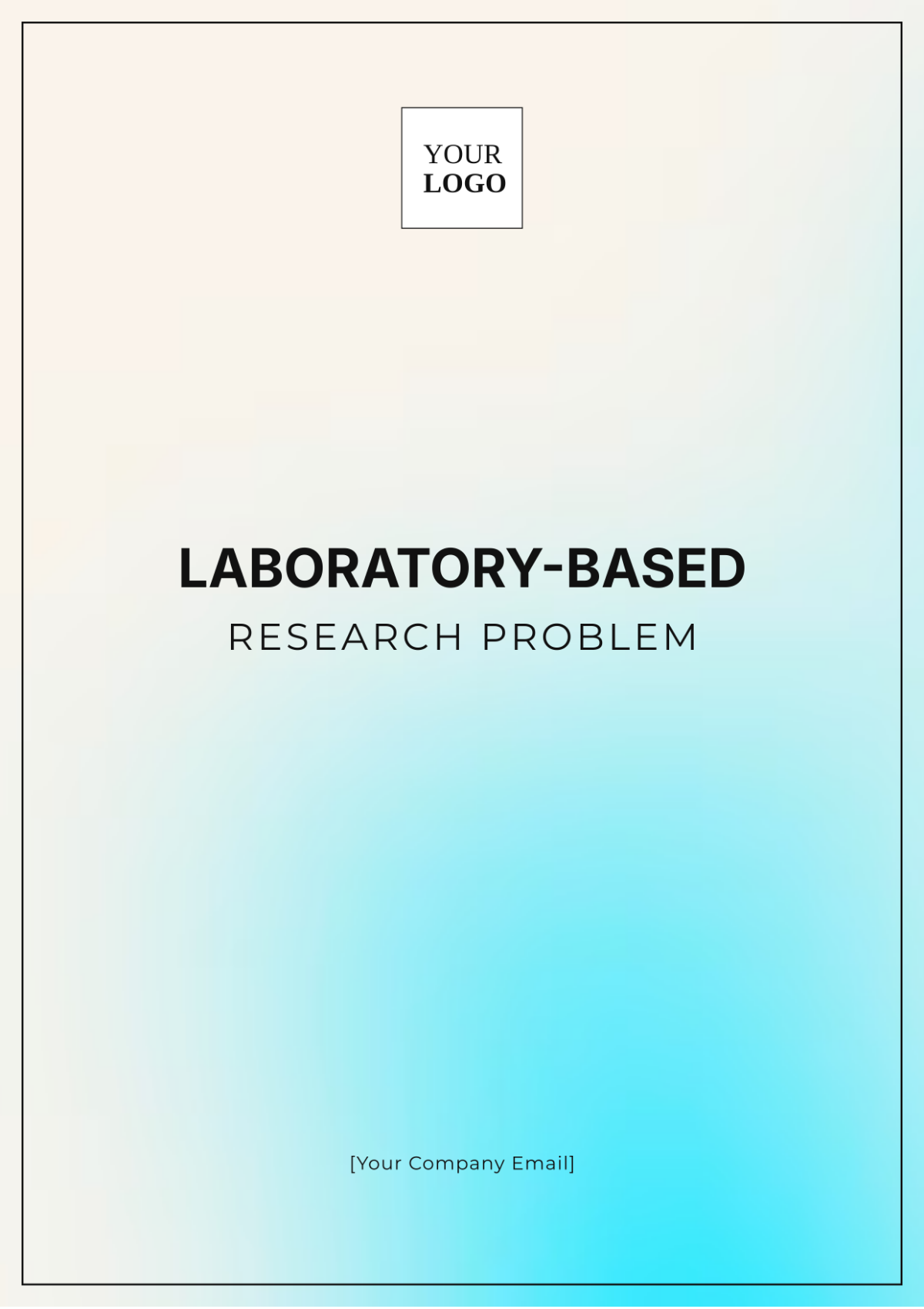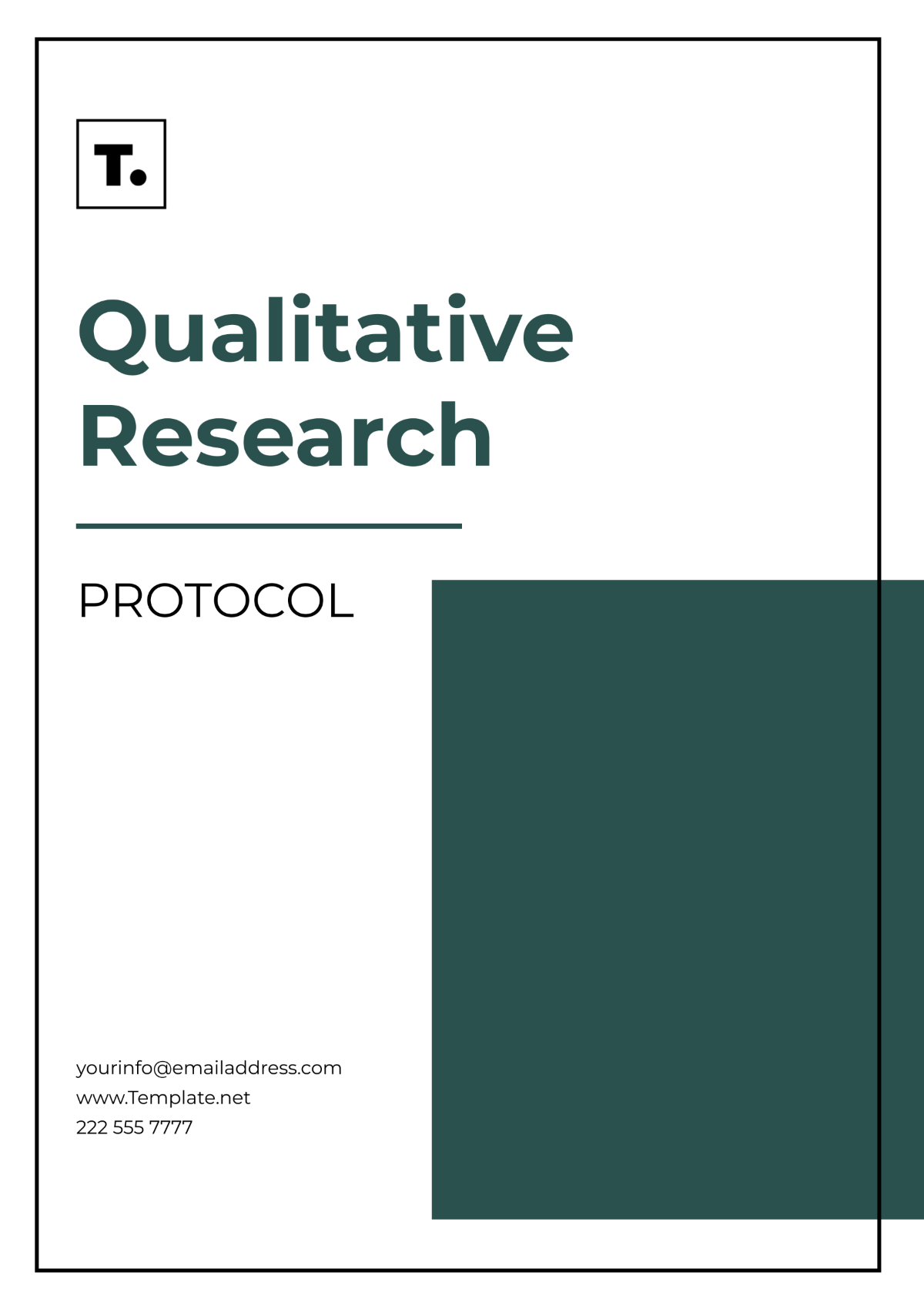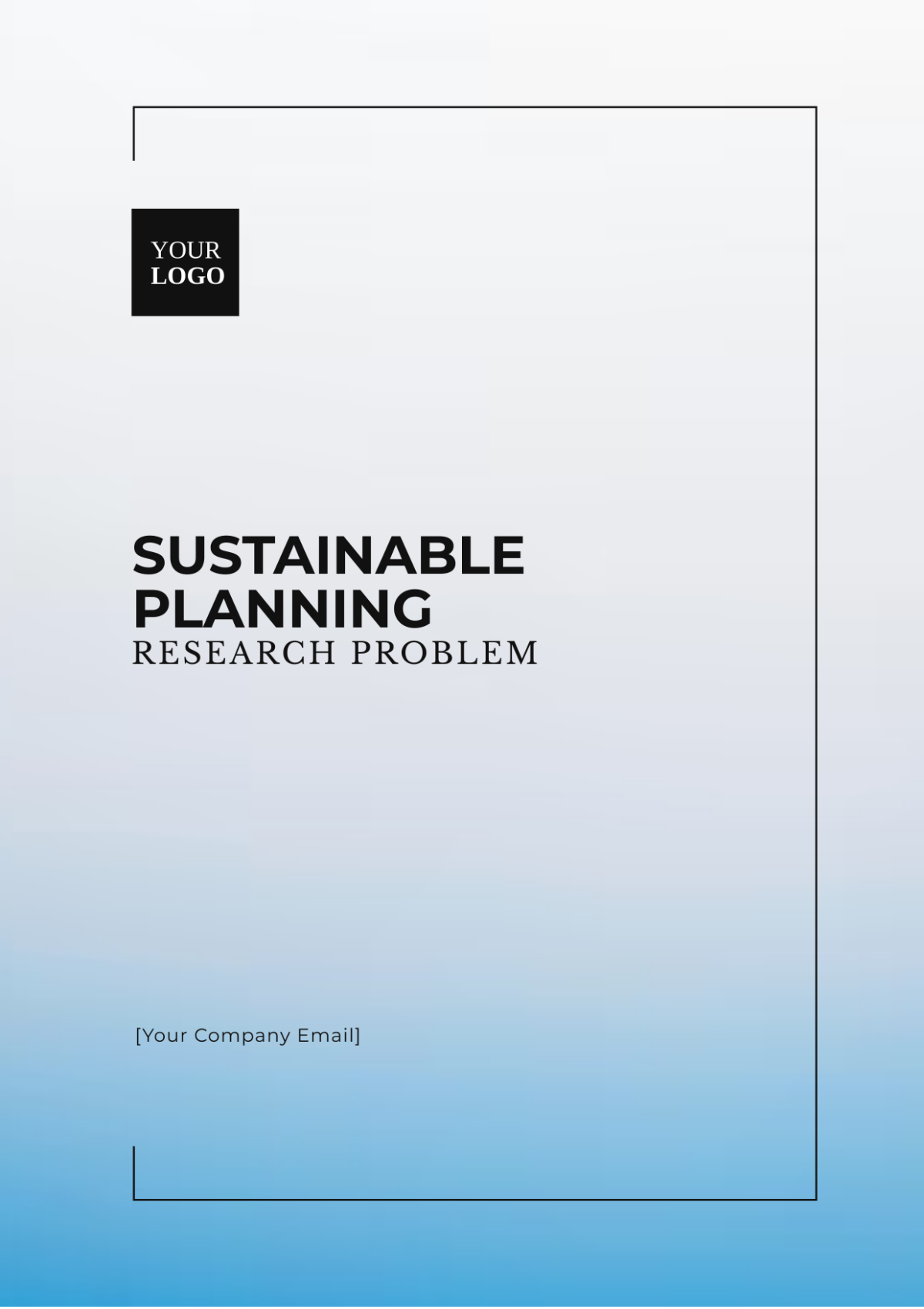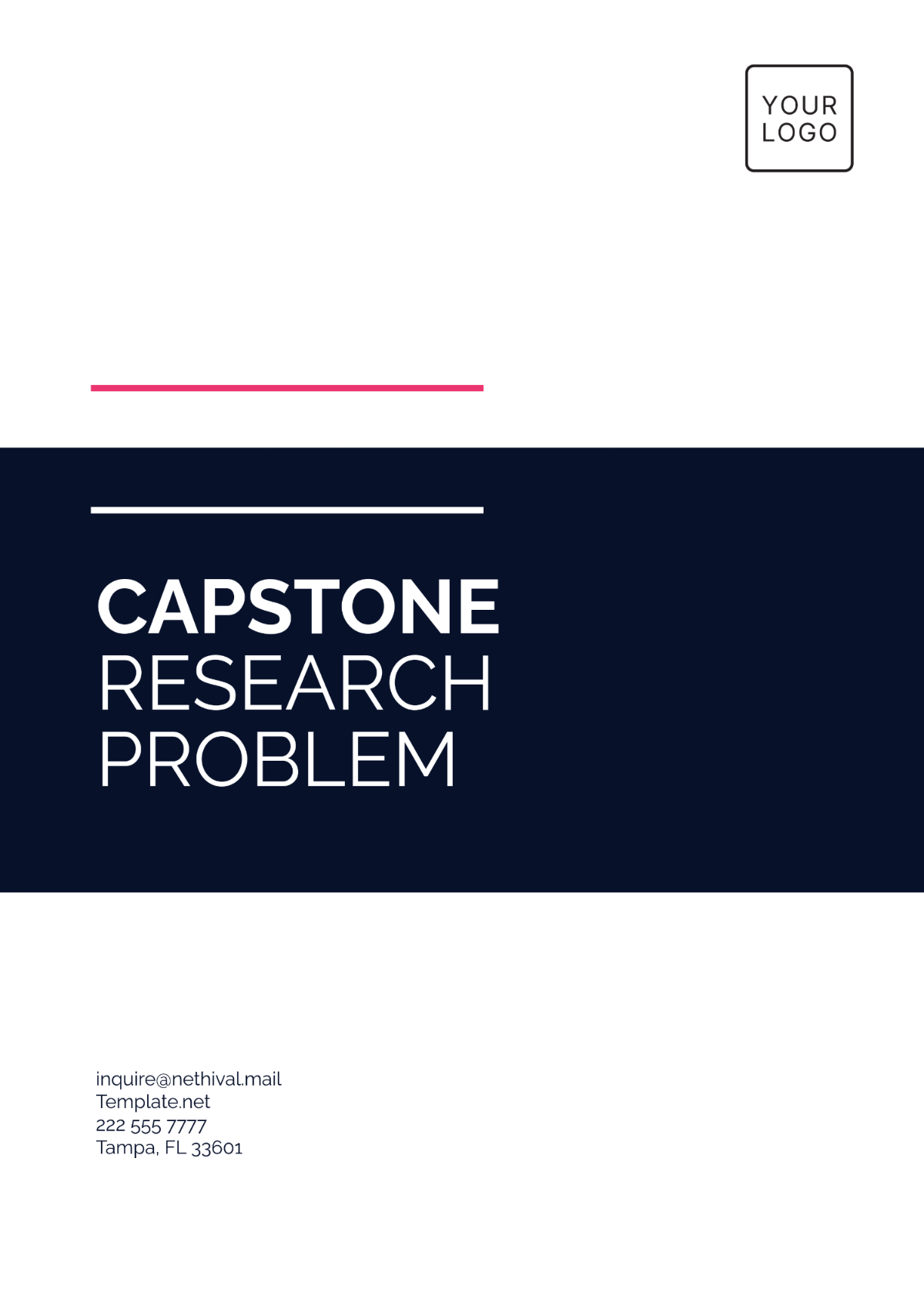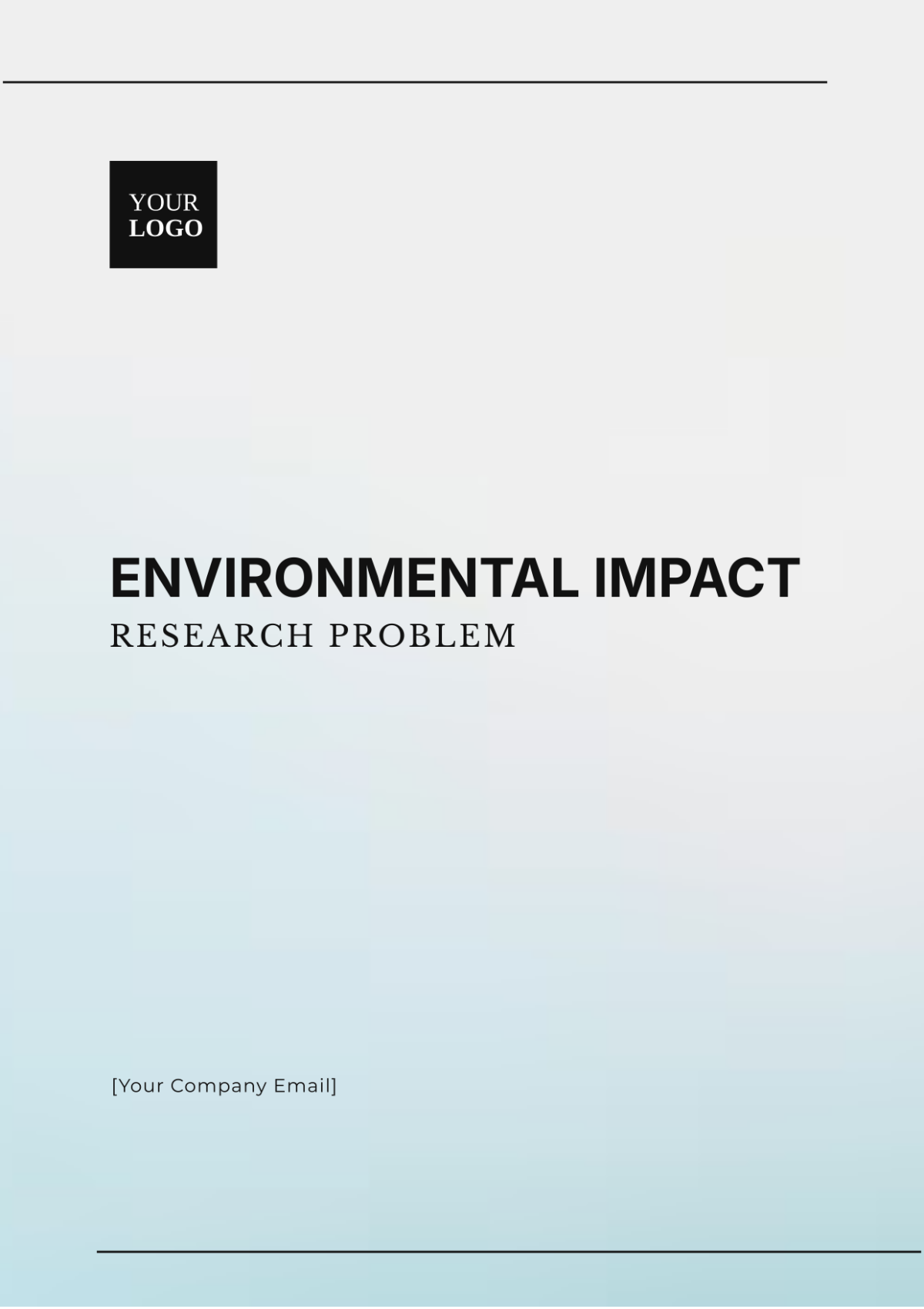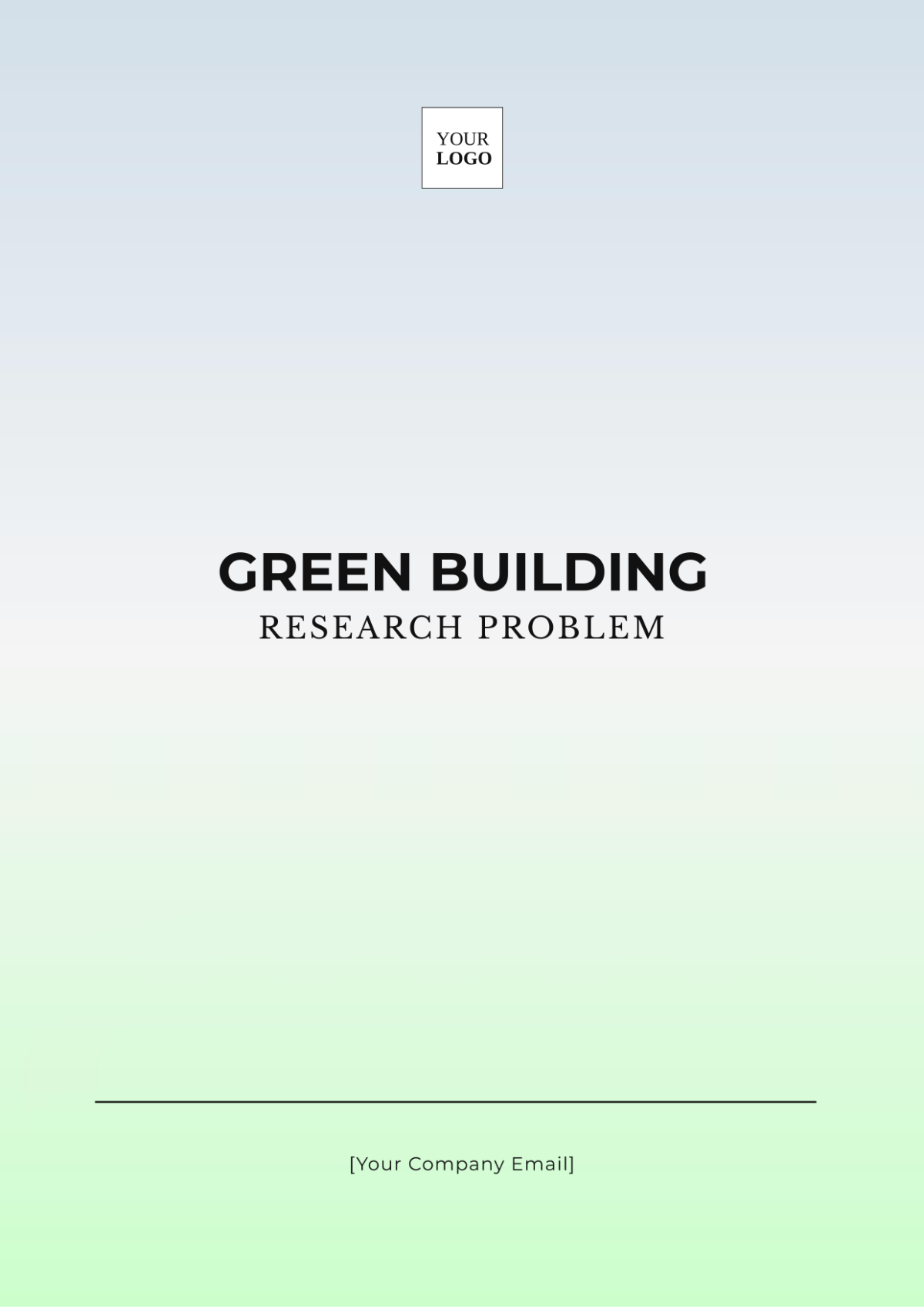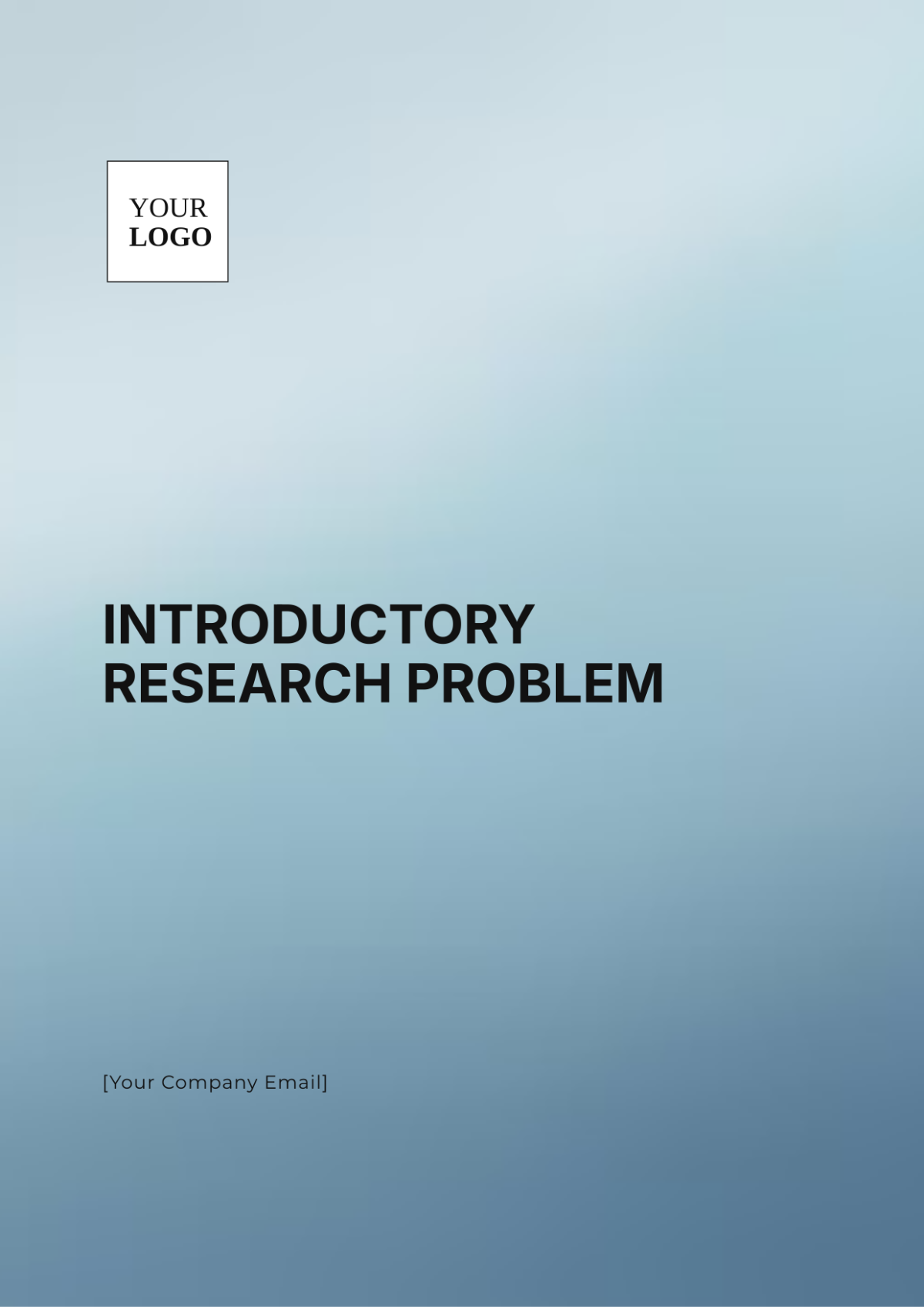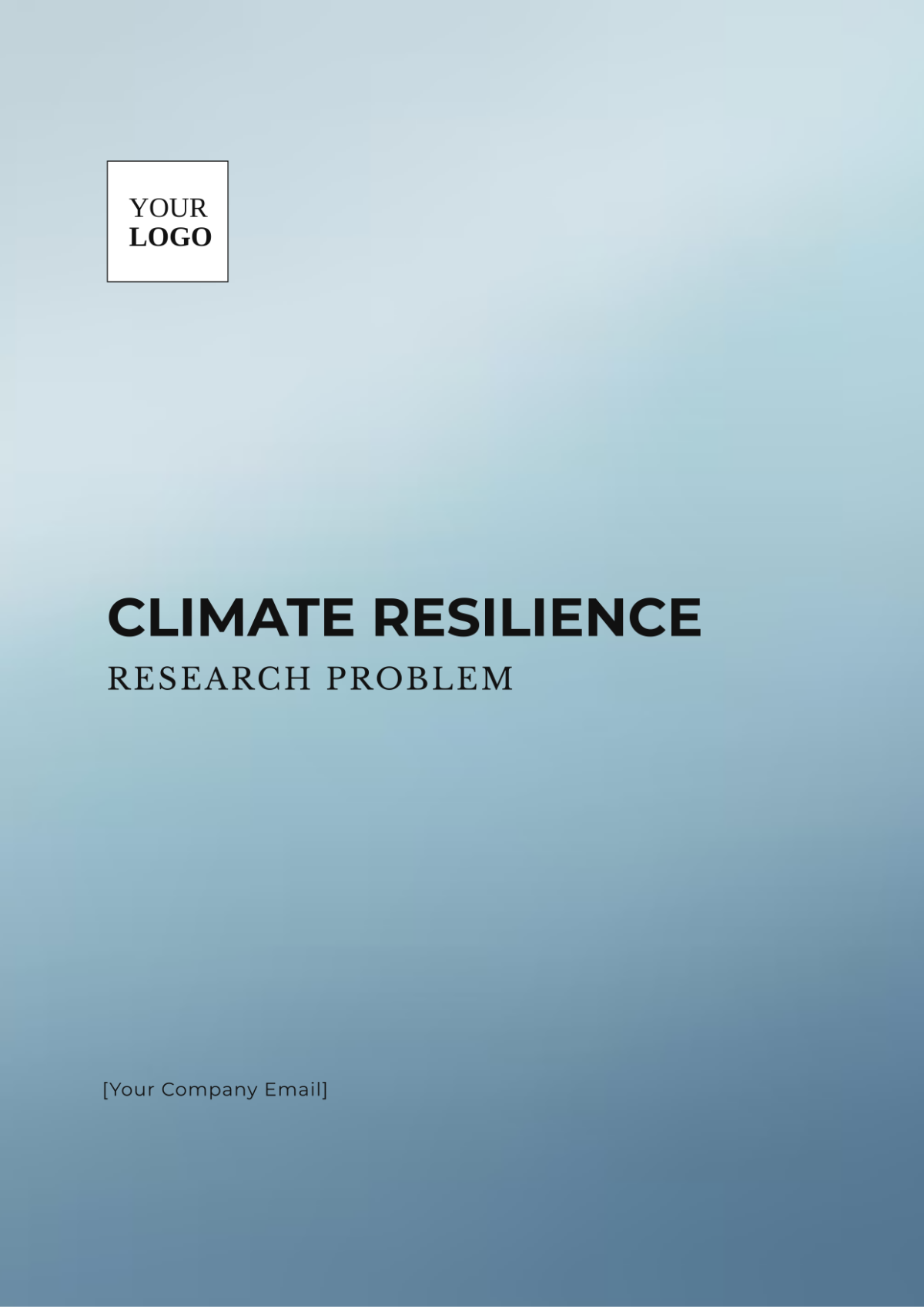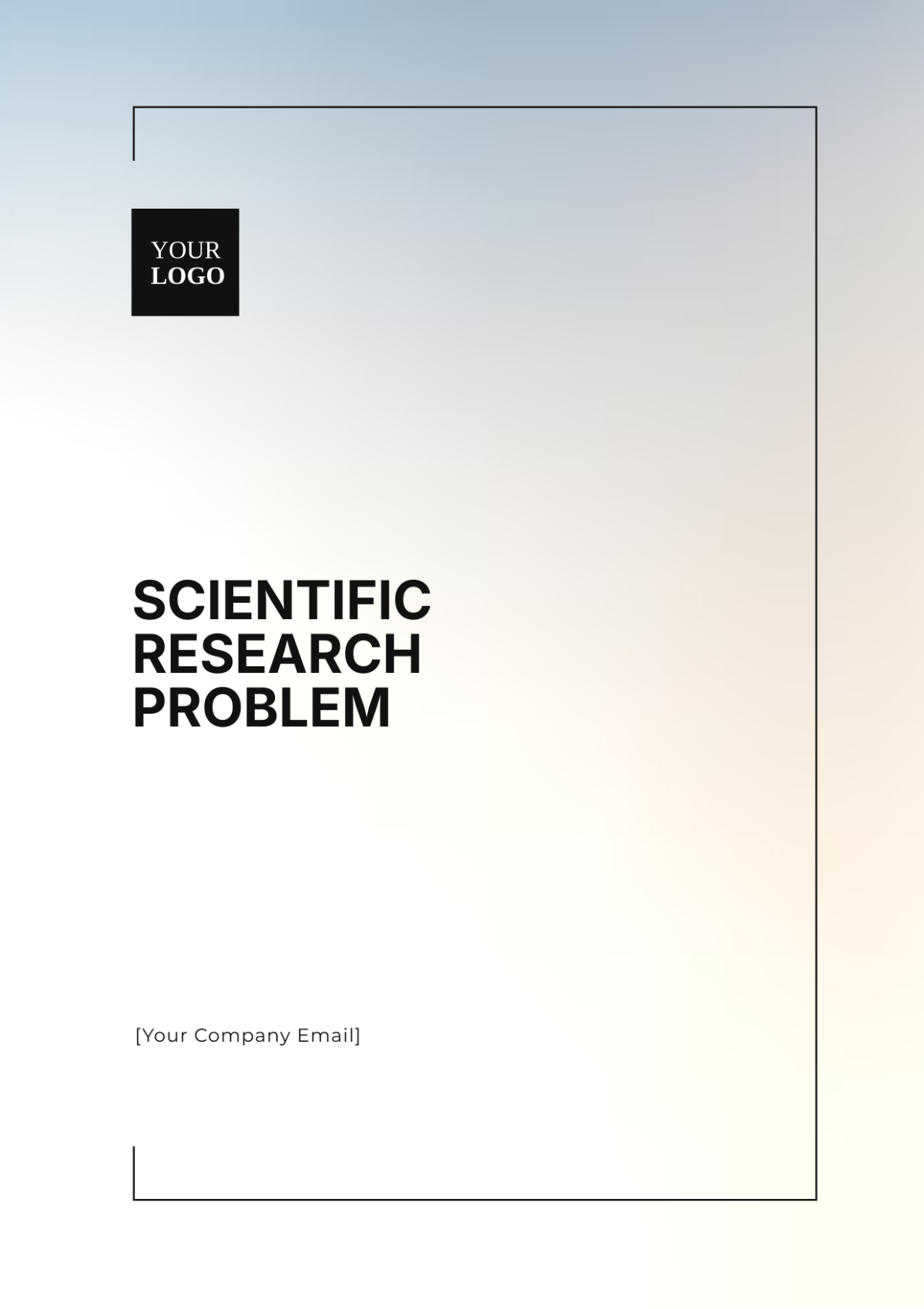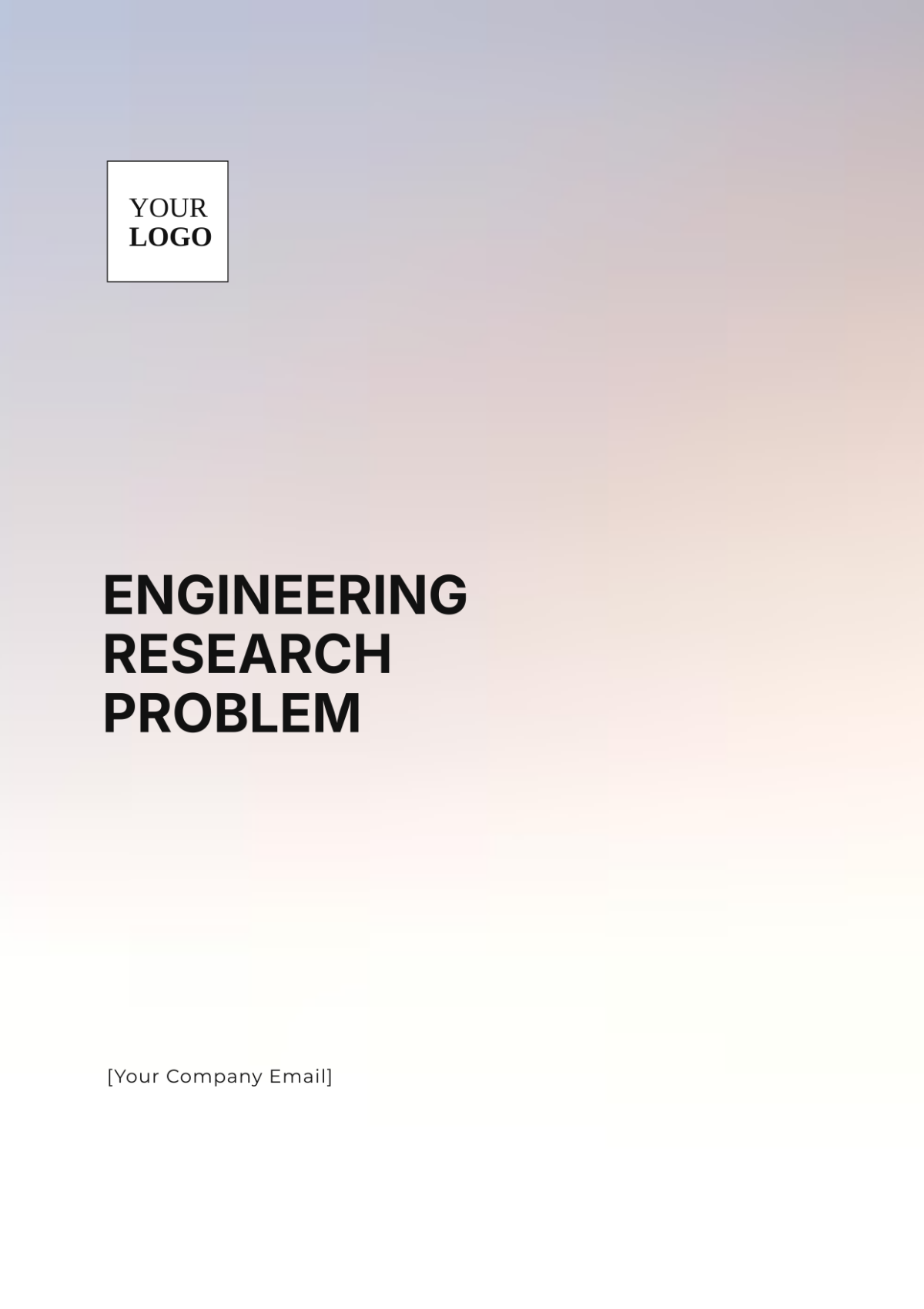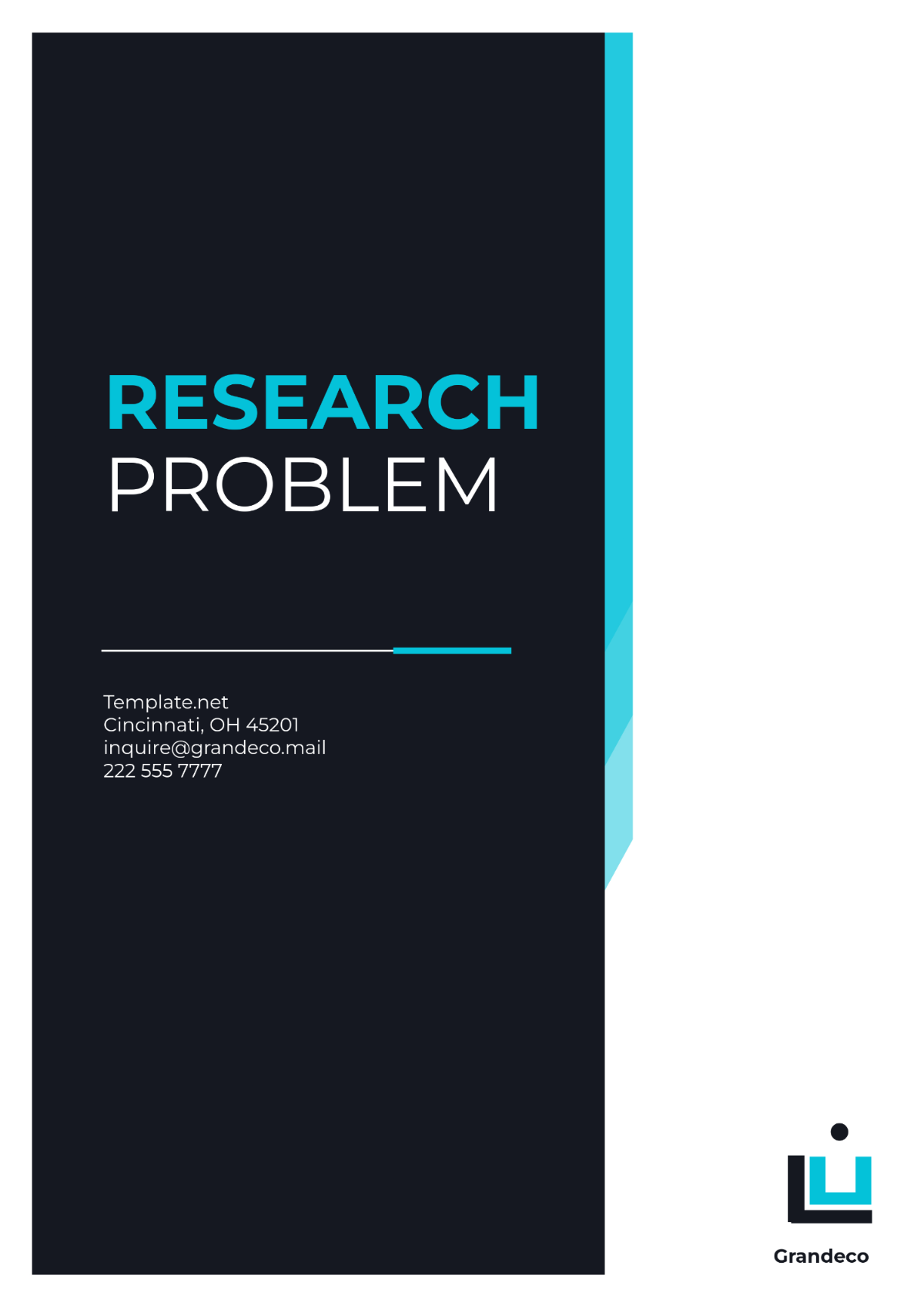LGBTQ+ Student Support Action Research
Prepared by: [YOUR NAME]
Date: [DATE]
Action research is a participatory and collaborative process that aims to identify and address issues within specific contexts. When applied to LGBTQ+ student support within educational settings, action research involves investigating current challenges faced by LGBTQ+ students, developing strategic interventions, and evaluating their effectiveness. This research aims to enhance the academic and social experiences of LGBTQ+ students, creating a more inclusive and supportive environment.
I. Introduction
LGBTQ+ students often face unique challenges within educational settings, including discrimination, harassment, and a lack of support. These challenges can negatively impact their academic performance and overall well-being. Action research provides a framework for systematically investigating these issues and implementing strategies to improve support systems for LGBTQ+ students.
II. Objectives
The objectives of this action research on LGBTQ+ student support are:
Identify Key Challenges: To systematically identify and understand the specific challenges faced by LGBTQ+ students within educational settings, including discrimination, mental health issues, and lack of supportive resources.
Develop Effective Strategies: To develop and implement targeted strategies aimed at addressing the identified challenges, such as anti-bullying policies, mental health resources, inclusive curricula, and support systems.
Enhance Support Systems: To enhance the overall support systems available to LGBTQ+ students, ensuring they have access to a supportive and inclusive educational environment.
Evaluate Impact: To evaluate the effectiveness of implemented strategies through data collection and analysis, including surveys, feedback, and monitoring changes in student well-being and academic performance.
Foster Inclusivity: To foster a more inclusive and supportive educational environment by promoting awareness and understanding among faculty, staff, and students about LGBTQ+ issues.
Promote Continuous Improvement: To provide recommendations for ongoing improvements and adjustments based on the findings, ensuring sustained support for LGBTQ+ students and the continuous enhancement of their educational experiences.
III. Identifying Challenges
Identifying the specific challenges that LGBTQ+ students face is the first step in action research. Common challenges include:
Discrimination and bullying
Mental health issues
Limited access to LGBTQ+ inclusive resources
Lack of support from faculty and peers
Fear of coming out
IV. Developing Strategies
After identifying the challenges, the next step is to develop strategies to address these issues. Effective strategies may include:
Implementing anti-bullying policies
Providing mental health resources
Creating LGBTQ+ inclusive curricula
Establishing support groups and safe spaces
Training faculty and staff on LGBTQ+ issues
V. Evaluating Effectiveness
Once strategies are implemented, it is crucial to evaluate their effectiveness. This can be done through:
Surveys and feedback from students
Monitoring academic performance and mental health indicators
Assessing changes in the school climate and instances of bullying
VI. Tables of Data
Challenge | Strategy | Evaluation Method |
|---|---|---|
Discrimination and bullying | Implement anti-bullying policies | Survey to assess incidents of bullying |
Mental health issues | Provide mental health resources | Monitor mental health indicators |
Limited access to resources | Create inclusive curricula | Student feedback on resource availability |
Lack of support | Establish support groups | Participation rates and feedback |
Fear of coming out | Train faculty on LGBTQ+ issues | Surveys on comfort levels |
VII. Conclusion
Action research is a valuable tool for improving support systems for LGBTQ+ students within educational settings. By identifying challenges, developing targeted strategies, and evaluating their effectiveness, educators can create a more inclusive and supportive environment for all students.
VIII. References
Here are some references to further explore this topic:
American Psychological Association. (2050). LGBTQ+ youth in schools: A critical context for mental health development. Washington, DC: APA.
Greytak, E. A., Kosciw, J. G., & Boesen, M. J. (2051). Putting the “T” in “Resource”: The benefits of LGBT-related school resources for transgender youth. Journal of LGBT Youth, 10(1-2), 45-63.
Kosciw, J. G., Palmer, N. A., & Kull, R. M. (2052). Reflecting resiliency: Openness about sexual orientation and/or gender identity and its relationship to well-being and educational outcomes for LGBT students. American Journal of Community Psychology, 55(1-2), 167-178.
Meyer, E. J., & Bayer, J. (2053). School-based interventions for LGBTQ students. Journal of Adolescent Health, 52(4), S45-S50.

















